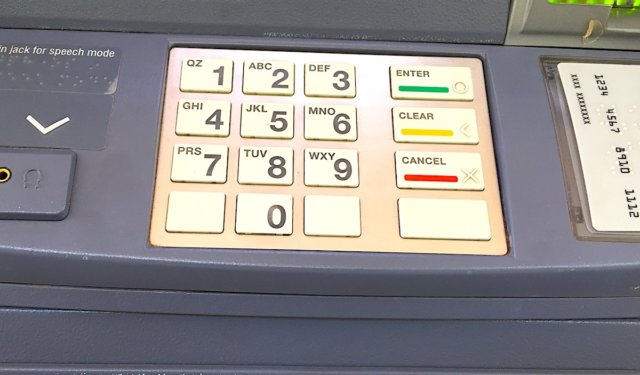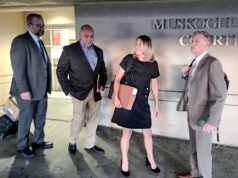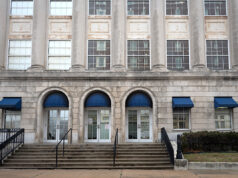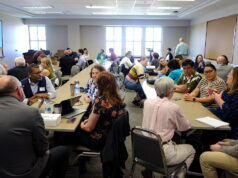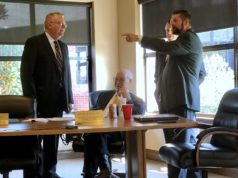
An article authored by Suzanne Woolley that appeared in Bloomberg’s Businessweek Aug. 4, and subsequently was picked up by several newspapers across the country, demonstrates the writer has no basic understanding of or knowledge about how banks work.
This is particularly true as it applies to the majority of banks in Oklahoma.
Woolley relies on a 2014 Data Point report published by the Consumer Financial Protection Bureau’s Office of Research. In that report, the authors based their conclusions on their examination of some consumer experiences with overdrafts at a number of large banks. The authors concluded that overdrafts are a bad thing.
They are not.
The checking (payments) “system” has evolved over generations into what it is today: an electronic miracle fundamental to the nation’s economy. Transactions around the world moving commerce forward are literally approved or paid in seconds.
One of the reasons the payments system used by banks and credit unions works is the basic assumption and belief by every party involved in the transaction that the check presented for payment is “good” and will be paid. In the event funds are not sufficient, the check is kicked out of the system and treated as an “exception” item. It’s handled separately by a bank employee.
Two things can then happen. The check can be returned to the merchant unpaid, and the bank or credit union can charge the customer a small processing fee. The other possibility is that the check is paid. When that happens, a second charge is levied against the check writer by the bank. That’s the basis for the “overdraft” charge. The writer of the previously mentioned article, which also appeared Aug. 8 in The Oklahoman, totally ignores this process and what happens next.
Consumers face potential criminal charges for writing a “hot” check. Sometimes consumers will write a check knowing there are insufficient funds currently available in their checking account at the bank (or credit union). Some consumers do this because they are going to get paid and will have enough funds to cover the check before it’s deposited. Normally, the consumer has every intention of making sure the check is honored.
Sometimes, however, the consumer writes a check on an account he or she knows does not have sufficient funds to pay the check or, even worse, knows the account has been closed. It doesn’t really matter what the intent is or was. In both cases, writing a bogus or hot check under Oklahoma law is an act of fraud and constitutes a crime.
If the consumer is prosecuted, he or she will be required to come up with the funds to pay the check and to pay the court costs associated with the court’s process. If the merchant also charges a fee for processing a returned check, that fee will also have to be paid. These costs and fees may well exceed the amount of the check itself.
Other reasons customers value overdraft protection plans and having their check paid include avoiding the embarrassment, lost time, hassle (and other charges) for having their check (or electronic payment) returned to the merchant. If the check bounces, in the future the merchant may simply refuse the consumer’s check or electronic payment and insist on cash or a cashier’s check. The product also enables consumers to bypass the bad check database and other similar records that can show up on the consumer’s credit report.
Oklahoma banks are the “good guys.” They work with their customers every day to help them catch their dreams. The author of the Bloomberg article clearly demonstrates she doesn’t understand much about traditional community banks at all.








